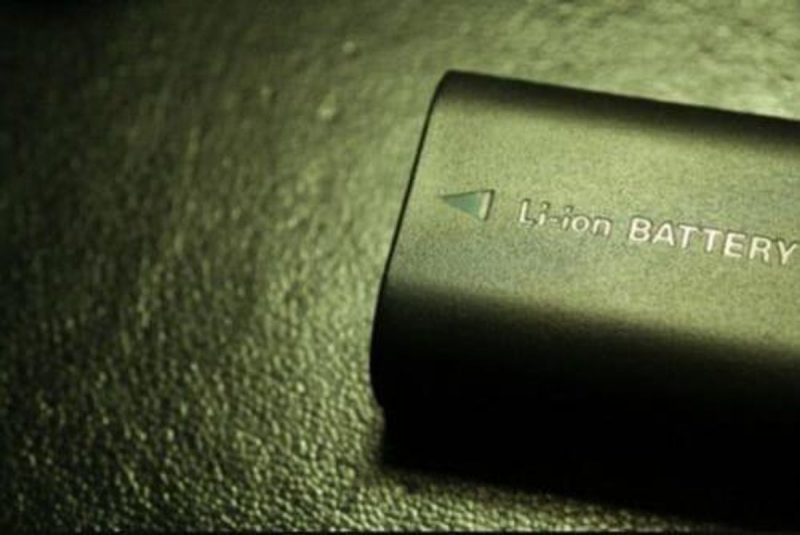Lithium-ion batteries have become an essential component in our modern world, powering everything from smartphones and laptops to electric vehicles and energy storage systems. The demand for more efficient and reliable lithium-ion batteries has led to the development of various types to cater to different needs and applications.
1. Lithium Cobalt Oxide (LiCoO2)
Lithium Cobalt Oxide is one of the most commonly used cathode materials in lithium-ion batteries due to its high energy density. This type of battery is widely used in portable electronic devices such as smartphones and laptops. However, its limited thermal stability and relatively short lifespan have prompted researchers to explore alternative materials for higher performance.
2. Lithium Manganese Oxide (LiMn2O4)
Lithium Manganese Oxide batteries are known for their improved thermal stability and safety compared to LiCoO2 batteries. This type of battery is often used in power tools and electric vehicles where safety and durability are crucial. LiMn2O4 batteries have a lower energy density but offer better cycle life and cost-effectiveness.
3. Lithium Iron Phosphate (LiFePO4)
LiFePO4 batteries are recognized for their high thermal and chemical stability, making them a popular choice for applications that prioritize safety and reliability. These batteries are commonly used in electric buses, grid energy storage systems, and solar power storage due to their long cycle life and ability to withstand high temperatures without the risk of thermal runaway.
4. Lithium Nickel Manganese Cobalt Oxide (LiNiMnCoO2)
LiNiMnCoO2 batteries, also known as NMC batteries, strike a balance between energy density, power output, and cost. This type of battery is versatile and can be tailored to meet specific requirements by adjusting the nickel, manganese, and cobalt ratios in the cathode material. NMC batteries are used in electric vehicles, portable electronics, and stationary energy storage systems.
5. Lithium Nickel Cobalt Aluminum Oxide (LiNiCoAlO2)
LiNiCoAlO2 batteries, or NCA batteries, are renowned for their high energy density and excellent high-temperature performance. These batteries are commonly found in high-performance electric vehicles, such as Tesla cars, due to their ability to deliver long driving ranges. NCA batteries offer a good balance between energy density and power output, making them ideal for applications that demand high performance.
6. Lithium Titanate (Li4Ti5O12)
Lithium Titanate batteries are known for their ultra-fast charging capabilities, long cycle life, and excellent safety features. These batteries are commonly used in electric buses, commercial energy storage systems, and renewable energy applications. While Li4Ti5O12 batteries have a lower energy density compared to other lithium-ion battery types, their rapid charging and long-term reliability make them a preferred choice for certain applications.
In conclusion, the diverse range of lithium-ion battery types available in the market today cater to a wide array of applications, each offering unique advantages in terms of energy density, power output, safety, and cost-effectiveness. Researchers and manufacturers continue to innovate and improve upon existing battery technologies to meet the growing demand for more efficient, reliable, and sustainable energy storage solutions.

